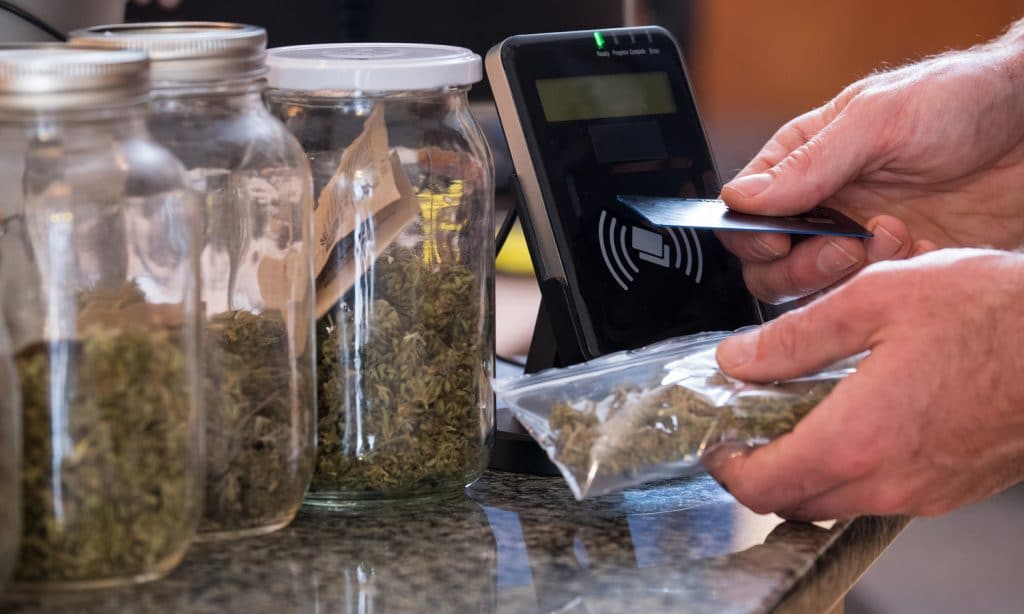The country might be divided, but not on cannabis. Marketers need to recognize that cannabis is no longer on the fringe, but a new opportunity for growth.
Now more than ever before, brands across all industries are attuning to the fact that an in-depth understanding of their audience’s interests and lifestyles is key to robust sales and longevity. The cannabis industry posted that message loud and clear this year, with one online cannabis marketplace, Jane Technologies, Inc. (which partners with over 1,600 dispensaries and brands across 33 states), seeing online Green Wednesday profits for 2020 up 241% over 2019.
Failure to stay relevant to consumers could result in the recent sales boom going bust, yet a recent Forrester Consulting study commissioned by Fyllo, a leading innovator in data, media, and compliance solutions for highly regulated industries, shows many brands lagging behind. According to the study, only 38% of brands understand their customers’ interest in emerging product categories and just 34% can track the current interests and hobbies of their audiences.
The Fyllo-commissioned study was geared towards marketers at top multi-billion dollar consumer brands and how they might leverage cannabis consumer data to improve the ways in which they target audiences with advertisements and media buying. The information was highly sought after. More than three-quarters of brands recognized cannabis and consumer data as not only useful but essential to understanding existing and emerging markets. It’s not just about the ads, but about how and where those advertisements find people— connecting with consumers via their lifestyles and recreational interests.
As Chad Bronstein, CEO and founder of Fyllo observed, “This Forrester data confirms exactly what Election Day represented. The country might be divided, but not on cannabis. Marketers need to recognize that cannabis is no longer on the fringe, but a new opportunity for growth.” A new opportunity indeed.

Post-November 3rd election results revealed that New Jersey, Arizona, Montana, and South Dakota all voted to legalize adult-use marijuana. Mississippi approved the sale of medical cannabis, bringing the tally of states where cannabis is medically legal to 33. It is now recreationally legal in 12 states and Washington, D.C. Brands would do well to tap into the power of relevant, personalized data to capitalize on the inevitable surge in consumption.
RELATED: Green Wednesday Cannabis Sales Blow Away Black Friday
Almost all brands surveyed in the Forrester study use second-party data for insights into new and existing consumers, and 91% of them agree that staying ahead of not only current but emerging customer interests and lifestyles is a necessity. Yet these brands experience a deficit in their ability to understand their customers at a personal level and to apply this understanding to their media strategies.
RELATED: Global Easing On Cannabis Could Jumpstart Markets
This is where companies like Forrester come in, with the ability to accumulate and activate data effectively and responsibly. With 80% of brands surveyed indicating that they would be interested or very interested in having insights into medical cannabis consumption, while 77% expressed interest in recreational consumption, both the supply of and demand for relevant data are there. Now it’s just a matter of application to create a holistic view of the cannabis customer so that the industry can fully engage its diverse audience and anticipate its evolving needs.
This article originally appeared on Green Market Report and has been reposted with permission.


